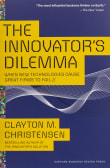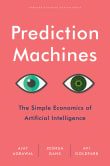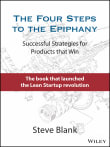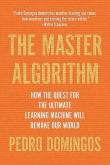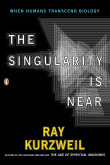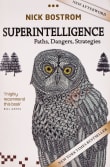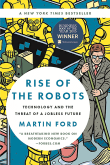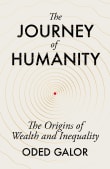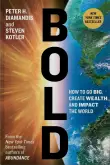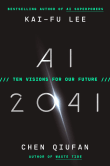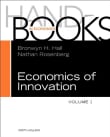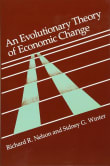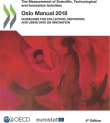The Second Machine Age
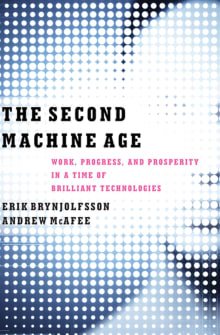
Book description
In recent years, computers have learned to diagnose diseases, drive cars, write clean prose and win game shows. Advances like these have created unprecedented economic bounty but in their wake median income has stagnated and employment levels have fallen. Erik Brynjolfsson and Andrew McAfee reveal the technological forces driving this…
Why read it?
4 authors picked The Second Machine Age as one of their favorite books. Why do they recommend it?

The first comprehensive book on new tech and its impacts, following big steps made in AI progress in the early 2010s. The authors bring home the point that we are undergoing a watershed moment as tools no longer substitute merely for physical labor encroach on mental tasks – hence the book’s title.
After centuries of fleeing blue-collar jobs to take refuge in cerebral work, we are being left with nowhere to run. Not only that, but past technology would automate a given task, whereas the looming Artificial Intelligence is bound to intervene in many, many tasks currently handled by humans.
From Ashley's list on AI and the future of work.

A great book, fun to read – I felt like I’m being taken on an exciting guided tour of the Silicon Valley.
The book was eye-opening to me in terms of the endless possibilities offered by modern-day digital technologies. Before reading it, in my research on economic growth theory I was largely under the spell of Robert Solow’s famous one-liner “You can see the computer age everywhere but in the productivity statistics.” Having read it, I marked that view as obsolete.
However, a comment must be made that this book came out in 2014 so that it could not anticipate…
From Jakub's list on the past and future of our civilization.

This book points out how massive the improvements in AI are and how we’re entering a new age of automation.
It’s no longer just muscle power, but also cognitive skills that are being automated and we need to plan for what comes next. Brynjolfsson and McAfee think that if we get the transition right, people will still work full-time. They will still be able to earn most of their income through work.
We will do different types of jobs but full employment will still be a possibility.
From Calum's list on the awesome promise and peril of AI.
If you love The Second Machine Age...

One of the biggest questions surrounding AI is the impact it will have on jobs. Just as manufacturing jobs are affected by mechanical automation, many white- and blue-collar jobs are going to be affected by AI-driven automation in the future. The question is whether AI will be like all technologies in the past (which have created more jobs than they have destroyed) or whether it is unique in its ability to automate and displace human jobs at a faster pace than the jobs it creates. Many commentators have asked the question and there are dozens of books exploring how AI…
From Kartik's list on managing technological innovation for mere mortals.
Want books like The Second Machine Age?
Our community of 12,000+ authors has personally recommended 100 books like The Second Machine Age.




